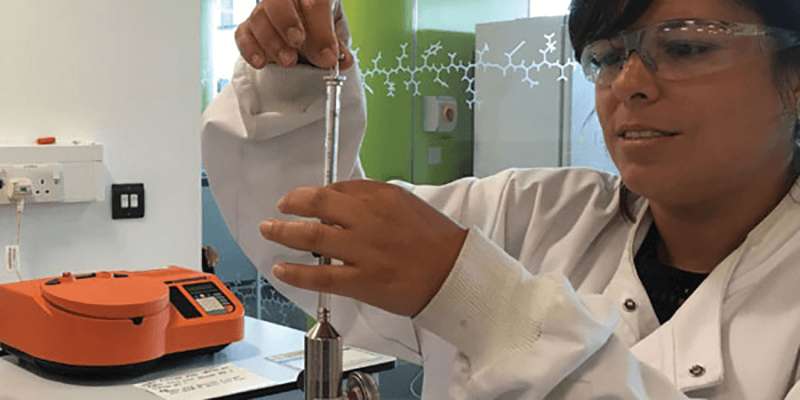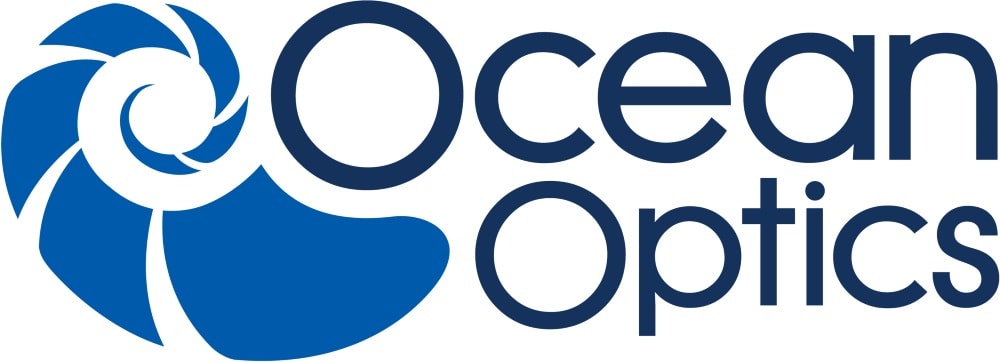Gas chromatography (GC) is a commonly used analytical technique by which complex mixtures of chemicals can be separated, identified and quantified. It is primarily used for the analysis of organic compounds at high molecular weight or low volatility and has many established applications, spanning a range of sectors including: pharmaceutical, environmental, clinical, agriculture, food and beverage and forensics.

GC skills are in high demand in today’s academic and industrial markets, and students that have access to hands-on laboratory experience and hold an understanding of the technique can set themselves apart from competition. Emerging markets, such as the booming cannabis market, are witnessing huge demand for analytical testing to provide the reassurances that are associated with pharmaceutical products.
Despite many countries and states having passed regulations that allow cannabis use, for both medicinal and recreational purposes, regulation lacks standardisation. The responsibility for testing often lies with a small number of approved independent testing labs or with the growers and retailers direct. Those that have the ability to test their product increase their competitive advantage. GC is one of the most popular testing methods, dominating the cannabis testing market because of its reliability and simplicity.
Similarly, the brewing industry is thriving as a direct response to increased demand from consumers seeking better quality, flavour and greater choice of craft beers. Large breweries have long used GC for quality control and assurance, but through recent advances in technology, instrumentation has become financially viable for craft breweries, levelling the playing field. As these markets grow, so does the need for trained scientists.





